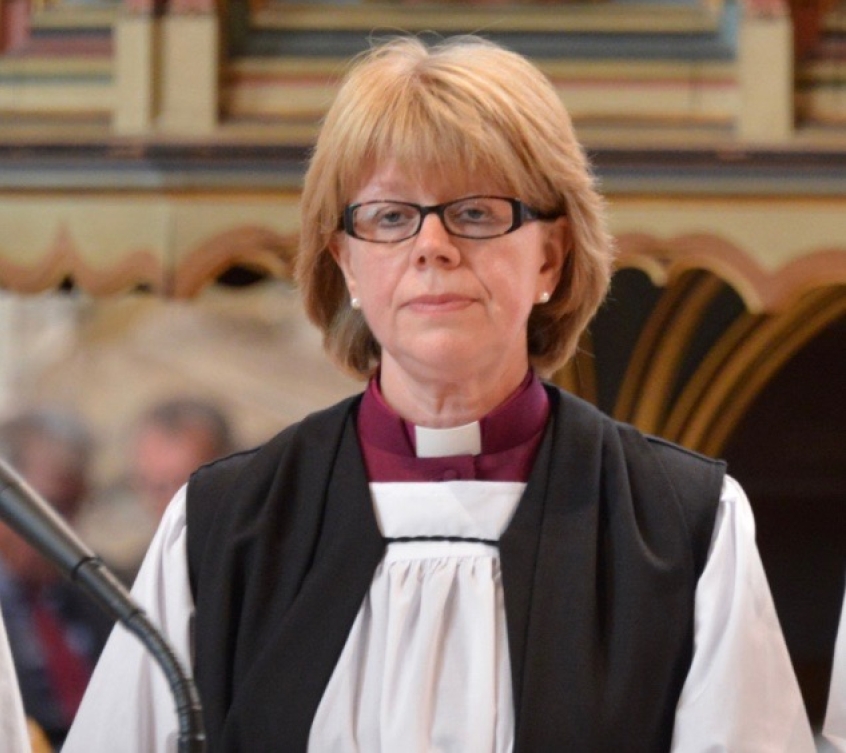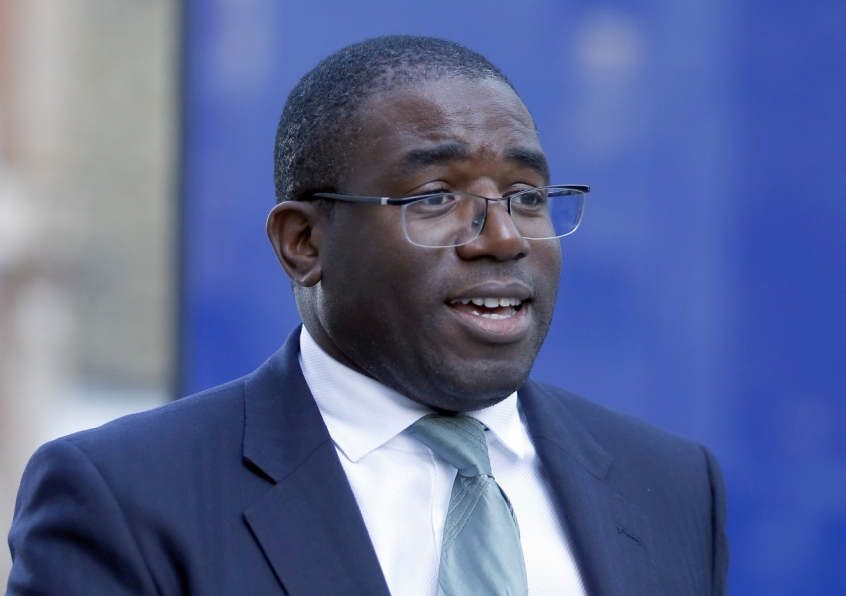Ministers are facing heavy criticism from church leaders and MPs today over their handling of thousands of long-term immigrants who are told they face deportation after decades in the UK.
More than 140 MPs from all parties have signed a letter to Theresa May expressing concern over the so-called Windrush generation. Thousands of Commonwealth-born immigrants, who came to the UK up to 70 years ago as children, are now being denied access to healthcare and told they may be deported because they do not have proper paperwork.

Led by Labour's David Lammy, a committed Christian, they called on May to find a 'swift resolution of this growing crisis'.
Sarah Mullally, the bishop of London, backed a petition calling for amnesty which now has the 100,000 signatures required to be considered for parliamentary debate.
Pete Broadbent, the bishop of Willesden and until recently acting bishop of London, described the Home Office's handling of the controversy as 'out of control' and inept.
Four other bishops, Michael Ipgrave of Lichfield, Mark Rylands of Shrewsbury, Clive Gregory of Wolverhampton and Geoff Annas of Stafford, also urged their dioceses to sign the petition late last week.
Amber Rudd, the home secretary, will face MPs for Home Office questions at 2.30pm in the House of Commons and is expected to receive heavy criticism.
The 1971 Immigration Act gave all Commonwealth citizens living in the UK the right to remain but free movement between Commonwealth nations was ended from that time onwards. However the Home Office did not keep a record of those given leave to remain meaning they now find themselves having to prove they are legally.

Penny Mordaunt, the international development secretary, said there was no 'absolutely no question of their right to remain' but admitted the Home Office's handling needed to be better.
'What clearly needs to happen is we need to do a better job with the process that these individuals are having to go through,' she told BBC Radio 4's Today programme. 'People who are in that situation, there is absolutely no question of their right to remain and their right to gain access to services such as healthcare.
'My advice to anyone who finds themselves in these circumstances is to contact your local MP...that is what we are there for. People should not be concerned about this. They have the right to stay and we should be reassuring them of that.'













